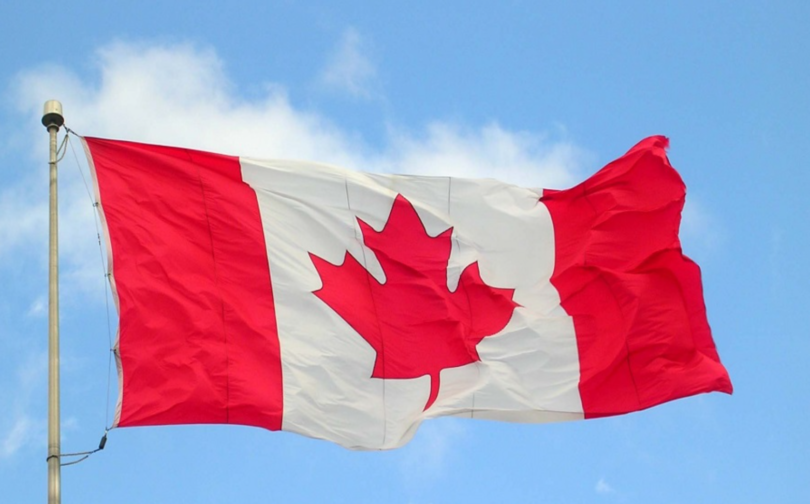African students have consistently received lower study permit acceptance rates compared to their global peers in Canada.
This is according to a report by MPOWER showing that North African students experience the highest visa acceptance rates, while those from Central Africa face the lowest.
The report, titled “Access Denied: Unveiling Disparities in Study Permit Approvals for African Students in Canada,” emphasizes that despite Canada’s reputation as a preferred study destination, significant barriers exist for African students between 2018 and 2023.
According to the report, African students have an average acceptance rate of less than 50%, whereas students from other regions consistently see acceptance rates above 75%.
“The disparities identified not only deprive bright minds of opportunities but also deprive Canada of tens of thousands of talented individuals and billions of dollars in economic contributions,” said Sasha Ramani, head of Canada and corporate strategy at MPOWER.
An excerpt from the report reads:
“Over the six-year period from 2018 to 2023, African students systematically received study permit approvals at rates substantially lower than their classmates from other countries (27% for African students versus 74% for students from other nations on average over the six-year period).
“This difference persisted when comparing across educational levels and controlling for non-SDS study permit applications.
“In addition, students from Francophone African nations were accepted at even lower rates when compared with students from non-francophone African nations (22% versus 29% on average over the six-year period)
Visa acceptance rates for African students have long been a contentious issue. The US rejected a record number of visas in 2023, with delays and difficulties reported last year.
In the report, students from Central Africa fared the worst, with study permit acceptance rates below 30% for both undergraduate and postgraduate levels in 2023. Other regions ranged from 40-50%. Northern Africa had the highest approval rates, though still below those of students from other continents.
West Africa, including key sending countries like Nigeria, had the second-lowest undergraduate acceptance rates at around 30%, but the third-highest postgraduate acceptance rates at approximately 45%.
An independent investigation by IRCC confirmed that racial biases, particularly against Nigerian students, may have been a key factor in high rejection rates, prompting calls for a fairer study permit process.
Students are most commonly denied study permits due to incomplete documentation, immigration officers’ perceived risk of students overstaying or violating the conditions of their study permits, and doubts regarding students’ financial capability.
Because these factors are subjective, students from certain countries may be held to a much higher standard than their classmates from other countries. These biases potentially contribute to the higher refusal rates observed in these regions, according to the Economic Times.
What you should know
The Student Direct Stream (SDS) has notably benefited Indian students, with a 92% approval rate for those on the SDS compared to 46% for those not on the SDS.
African students, by contrast, have an average acceptance rate of 47% in 2023, with no specific data available for those on the SDS. Visa acceptance rates for African students have long been a contentious issue.
The US rejected a record number of visas in 2023, with delays and difficulties reported last year, according to Pie News.
The report calls on the Immigration, Refugees, and Citizenship Canada (IRCC) and the Canadian government, which are reconsidering the study permit program and capping international study visas, to “enhance study permit adjudication for students from all countries to address inequities.”







